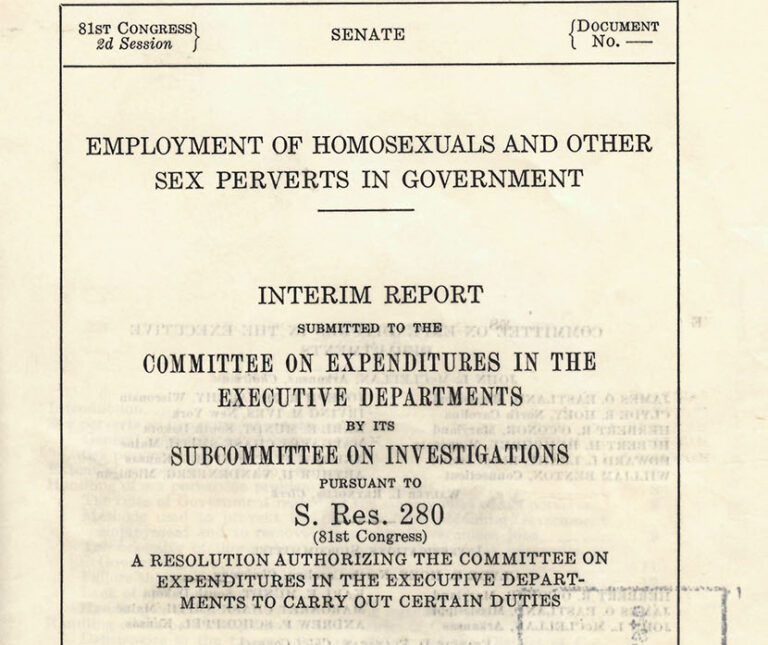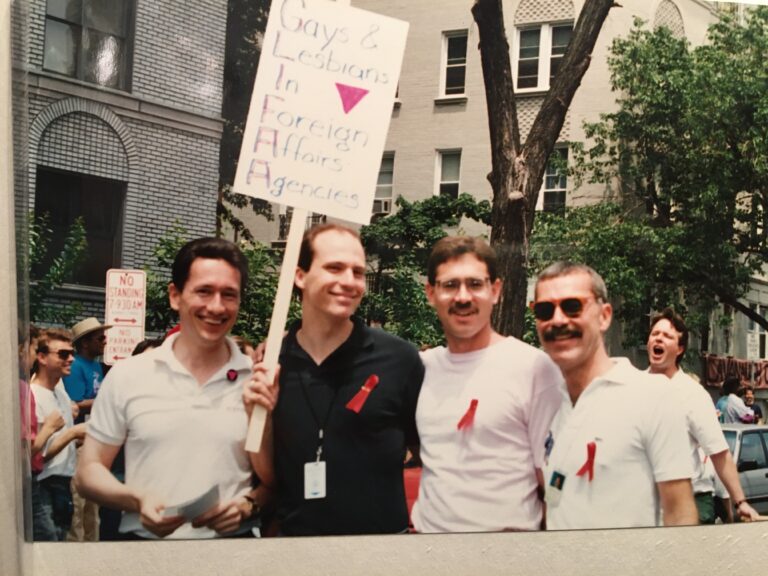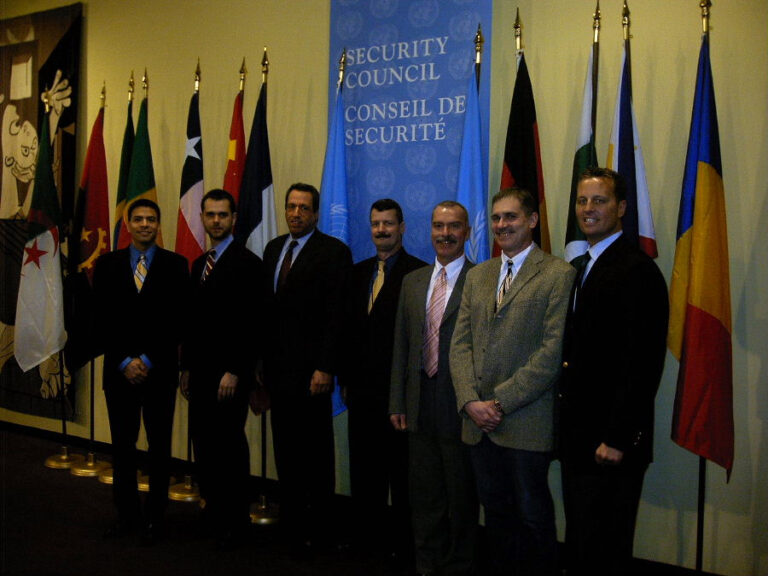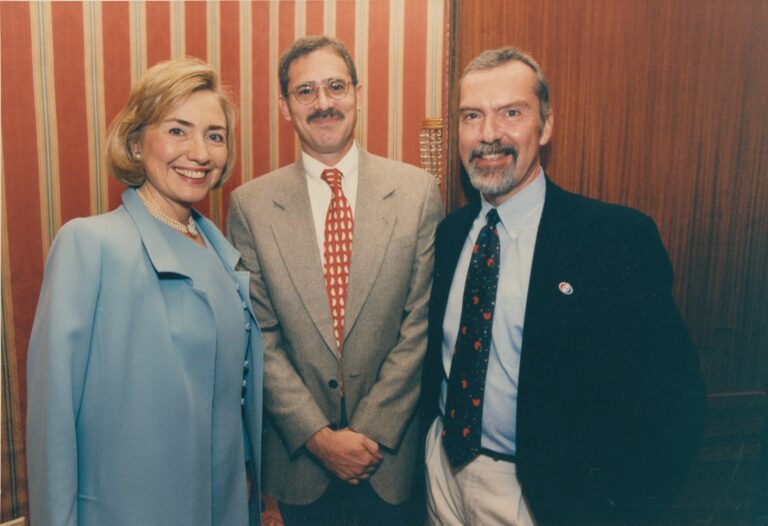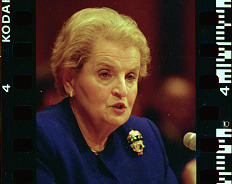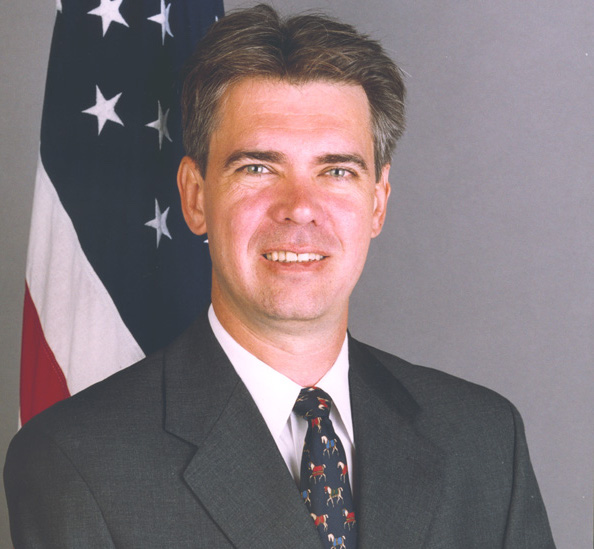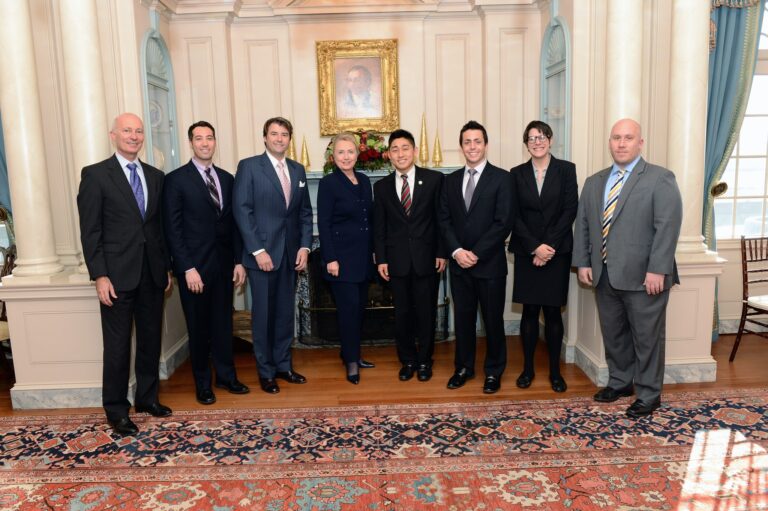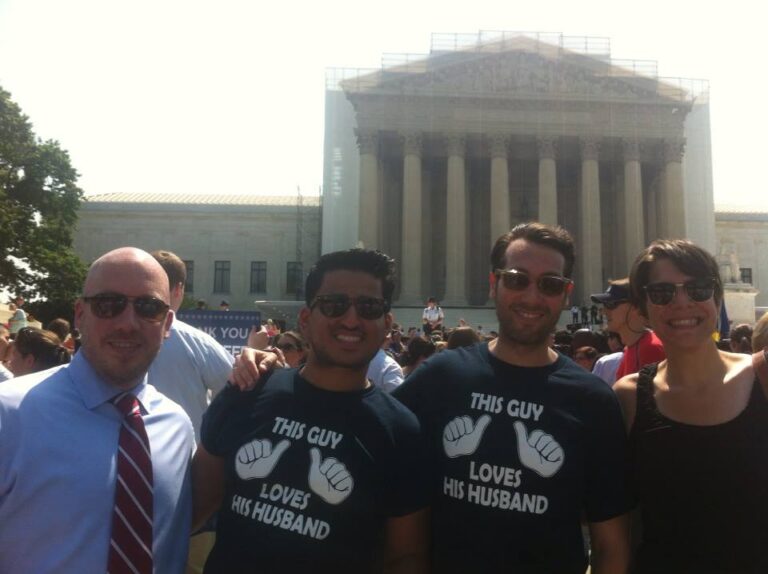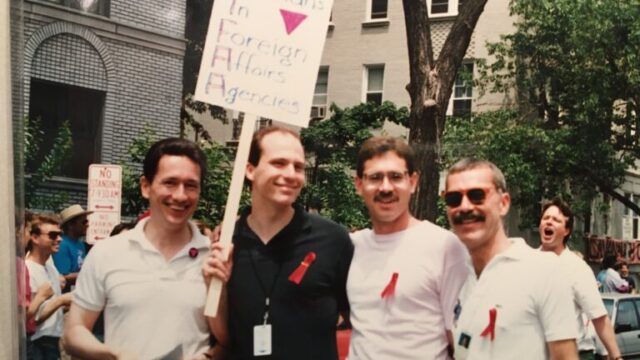
glifaa: The History of LGBT+ Pride in Foreign Affairs Agencies
Serving with Pride
For decades, a Department of State employee’s security clearance could be denied or revoked—effectively ending their careers—simply for their sexual orientation. Today there are countless LGBT+ employees, family members, and allies in U.S. foreign affairs agencies, roughly 1,000 of whom are members of glifaa, the employee affinity group that represents them. Developed in partnership with glifaa, this article covers the history and significant milestones of establishing equal opportunities for the LGBT+ community serving our country in foreign affairs.
 What is glifaa?
What is glifaa?
Originally known as Gays and Lesbians in Foreign Affairs Agencies, glifaa is an employee affinity group for LGBT+ employees, In 2020, they identified their five priorities as 1) protecting LGBT+ foreign affairs employees from discrimination, 2) promoting accreditation of same-sex spouses, 3) advocating for trans* employees and EFMs, 4) expanding front office advocacy, and 5) strengthening glifaa as an organization.
Discrimination as a Matter of Policy and Procedure
During most of the 20th century, personnel policies of the Department of State were hostile to individuals who did not identify as heterosexual. Employees who were not considered “straight” were deemed a security risk and were systematically investigated and forced to resign. This was true throughout the federal government. Starting in the mid-1970s, rules for the federal Civil Service prohibited such practices, however these did not apply to the military or to the Foreign Service. Here are their stories.
“…[R]emember that all of the employees who sacrificed their right to be who they were, were really defending your rights and the rights and freedoms of others at home and abroad.”
— Remarks by former Secretary of State Hillary Clinton, honoring Tom Gallagher at the glifaa 20th anniversary in November 2012
David Buss
Davis Buss returned to Washington, D.C. from an overseas post in 1989 to learn from his ex-wife that he was under investigation by security at the State Department due to his sexual orientation. Security claimed that if his orientation was not “on record” that he could be subject to blackmail by a foreign entity.
The investigators also asked Buss if he knew of any other gay individuals in the foreign service. He concluded that this investigation was part of a systematic effort and requested to return with a lawyer. In addition, Buss had allies at upper levels within the Department of State whom he called upon for assistance. He states in his adst.org oral history: “I hadn’t previously wanted to make an issue out of my orientation…I didn’t think it was fair that I was being singled out for this invasive line of questioning and behavior and I wanted to do something about it.”
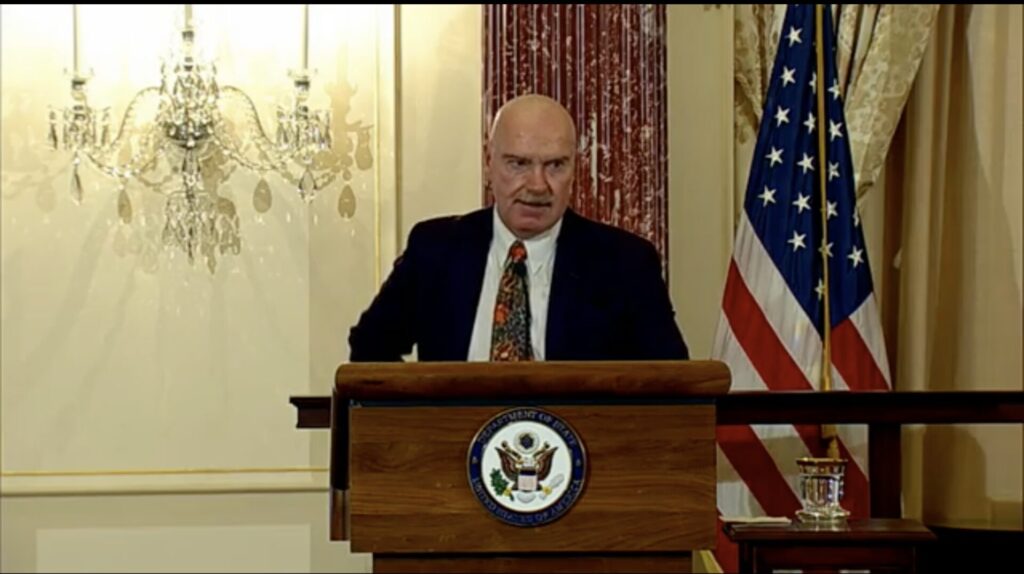
Confirming his suspicions, Buss soon learned that there were several other employees who either were in the midst of an investigation or had been investigated. This caused him to take decisive action to fight this practice. He hosted a brunch in March 1992 at his home with like-minded colleagues who wanted to form an organization to support gay employees at the Department of State.
The following month, more than 50 people attended the first general meeting. There was a unanimous vote to incorporate an employee organization with the goal of working to advance the objective of non-discrimination on the basis of sexual orientation. At a subsequent meeting, Buss was elected the first president of glifaa.
Today, Diplomatic Security’s practices have changed dramatically in that they are instrumental around the world in protecting LGBT+ employees and supporting missions in Pride Parade participation, especially in countries where LGBT+ rights are minimal or restrictive. In several countries, Regional Security Officers advise local law enforcement on how to protect all parade participants and avoid clashes between protestors and parade goers in countries with a history of violence at Pride parades.
Jan Krc
Jan Krc, originally a member of the U.S. Information Agency (USIA), experienced a prolonged and deplorable series of investigations by USIA’s Office of Security—twice resulting in his termination. Krc appealed the decision to the Foreign Service Grievance Board and ultimately to U.S. District Court. Meanwhile, he applied to the Foreign Service of the Department of State, passed his exams, and underwent another invasive security clearance process by Diplomatic Security—including two polygraph tests in connection with the USIA charges.
Krc received his clearance and joined the State Department as a junior FSO in 1993. But in the interim, he and other employees found an important source of support in the gatherings that would eventually become glifaa.
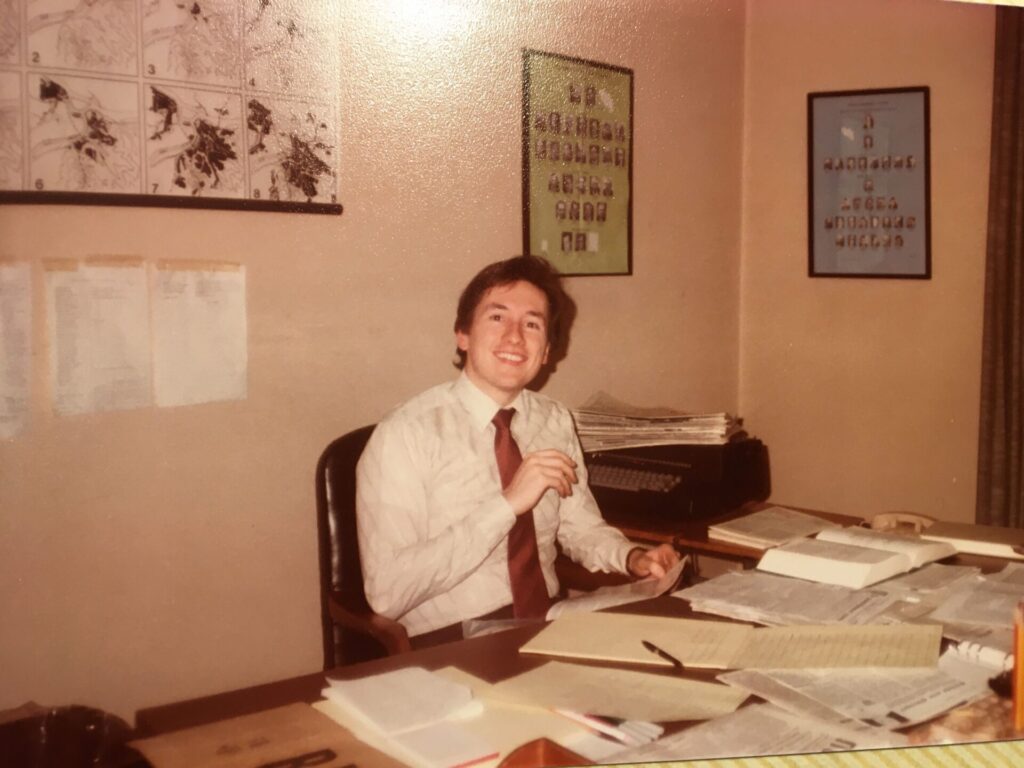
Karl Olson
Karl Olson was the subject of two Diplomatic Security investigations—one, in 1987, a result of a report that he subscribed to New York’s Village Voice newspaper. A second report, in 1989, consisted of what Olson called a “fishing expedition” in which allegations were made that he was blackmailed, based on alleged homosexual activity, into committing visa fraud while on assignment in Colombia. “Since I had no relationship at all in Colombia, this was nonsense” said Olson, “and to this day I have no idea what was supposedly expected.
I am convinced, however, that DS would not have gone so far as to investigate an allegation of heterosexual misconduct without having analyzed the basis of the allegation.” Ultimately, the cases against Olson were dropped, and through a Freedom of Information Act request, he learned that anti-gay prejudice was at the root of all the allegations.
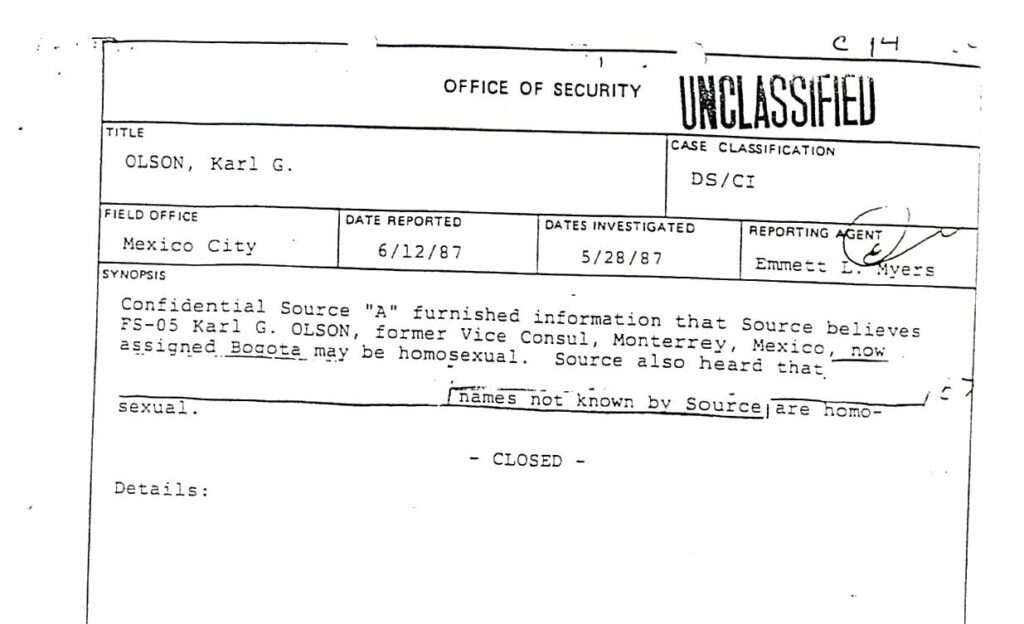
Bryan Dalton
Bryan Dalton noted that his 1991 Diplomatic Security investigation began because he was reportedly “seen with a man at post.” When he returned to Washington for language training in 1992, Dalton received a call from Diplomatic Security saying they needed to talk with him to “update” his security clearance, a fabricated reason.. Instead, said Dalton, “I was told I was a security risk and was being investigated for ‘fitness of service.’ It was terrifying and I didn’t know what to do, but I did know enough to ask for a lawyer.”
Dalton went to the American Foreign Service Association (AFSA) and found helpful and receptive people, who connected him with other officers facing Diplomatic Security scrutiny. “At the time, I had friends who knew what was happening and were sympathetic but they didn’t know how to help,” Dalton explained. “It took others facing the same situation to help me find resources and solutions.”
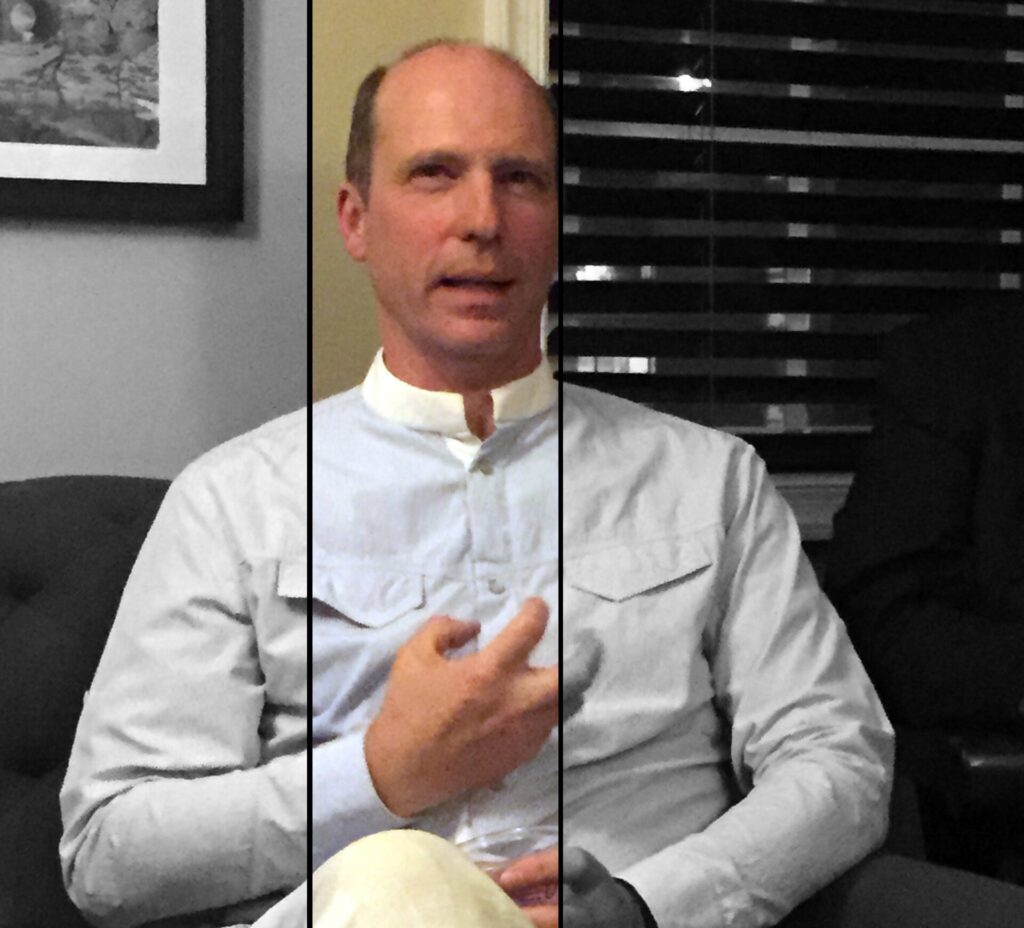
Tom Gallagher
Tom Gallagher joined the Foreign Service in 1965. His first assignment was Vice Consul in Saudi Arabia. Ten years later while posted domestically, he came out as an openly gay Foreign Service Officer while speaking at a conference on gays in the federal government in Washington D.C. It is believed that he is the first FSO to do so.
Gallagher assumed he would get his security clearance revoked and subsequently lose his job due to his coming out. He served one more assignment in Ecuador after coming out publicly. However, he resigned after this post knowing that his security clearance would be in jeopardy once he was required to go through the regular process of renewal. Gallagher moved to California and started a new career as a social worker.

Nearly 20 years later in 1994, President Bill Clinton prohibited personnel and security policies that were hostile toward homosexuals in the Foreign Service. Gallagher decided to return to his beloved career as a Foreign Service Officer. His first assignment was Chief of the Visa Section at U.S. Embassy Madrid, Spain. While serving there, Gallagher helped raise $3 million for the Spanish AIDS Foundation. He also served as Country Officer for Eritrea and Sudan at the State Department, and as Chief of the Visa Section at U.S. Embassy Brussels, Belgium. His final tours at the State Department were with the Office of International Health, where he served as a Senior Advisor and worked on international AIDS programs, and as Country Officer, Democratic Republic of the Congo, Tanzania and Uganda.
After retiring in 2005, Gallagher continued to serve short temporary tours for the State Department including assignments at 17 embassies and consulates on five continents.
Robyn McCutcheon
Robyn McCutcheon, now a retired Foreign Service Officer, served in a variety of places including Washington, Bucharest, Tashkent, and Moscow. She is also the first Foreign Service Officer ever to transition gender openly while serving overseas.
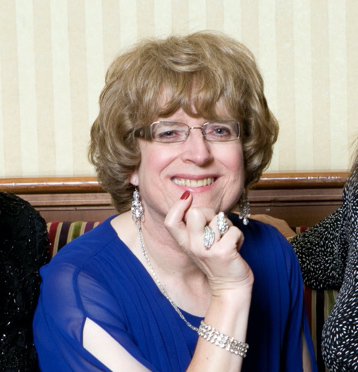
Earlier in her life, she experienced the private pains of failed transition attempts, time in a psychiatric ward, and decades of deep hiding and denial. She carefully hid her history when she joined the State Department in 2004, making a mid-life career switch.
In 2010 while serving in Romania, Robyn slowly began assuming her identity in private, outside of work and in the confidence of trusted friends. However, someone from the embassy spotted her and made a complaint, questioning if she was mentally stable. With the assistance of the embassy’s medical unit, Robyn spoke on the phone with a Department of State regional psychiatrist based in Vienna. They enjoyed a wide-ranging conversation about outer space, Russian history, and what it means to be transgender.
Robyn officially transitioned on November 10, 2011, and was followed by her social “coming out” at the Marine Ball two days later. Her new and happier life had begun.
Soon, she became engaged officially in outreach to the Romanian LGBT community. When she returned to Washington in 2013, she served for a year as president of glifaa, working on such issues as removal of the transgender exclusion that had denied medically necessary health care to transgender employees in the federal government.
Timeline of Events
February 9, 1950
Senator Joseph McCarthy claims to have a list of 205 known communists working at the Department of State.
February 20, 1950
Speaking on the Senate floor, McCarthy offers specifics about these individuals, including two homosexuals, calling them “unsafe risks.” One week later, Deputy Under Secretary of State John Peurifoy confirms that the State Department has fired 91 homosexual employees as security risks. This wave of persecution against government employees who did not identify as heterosexual is known as the Lavender Scare.
March 8, 1992
glifaa is born, over brunch, in the living room of David Buss and David Larson. The couple invited several State Department and USAID employees who, like Buss, were being investigated by the Department of State for allegations they were homosexual. Those attending– glifaa’s ”founding fathers”–include Buss, Larson, Bryan Dalton, Danny Hall, Jan Krc, Eric Nelson, and John Schneider.
December 10, 1992
Assistant Secretary of State for Diplomatic Security Anthony Quainton revises State Department policy on security clearances, stating in a memo that investigative staff in field offices will no longer pursue issues of sexual conduct.
August 2, 1995
President Bill Clinton signs Executive Order 12968, officially barring the federal government from denying security clearances based solely on sexual orientation.
April 17, 1996
In its first event at the State Department, glifaa sponsors a roundtable discussion entitled “Out at State.” Participants include Frank Almaguer, USAID; representatives from the State Department’s Personnel and Diplomatic Security Bureaus; and Deidre Davis, Office of Equal Employment Opportunity and Civil Rights. glifaa member Bob Hansen serves as moderator.
1997-2001
Secretary of State Madeleine K. Albright offers strong support to LGBT+ employees at the Department of State. After releasing a statement on Equal Employment Opportunities and Diversity, Secretary Albright extends Member of Household benefits to LGBT+ family members.
May 28, 1998
President Bill Clinton signs Executive Order 13087, adding “sexual orientation” to the list of impermissible grounds for discrimination in the competitive service of the federal civilian workforce.
June, 1999
James Hormel is the first openly gay person to be appointed to the rank of Ambassador. Hormel, a political appointee by President Clinton, became the U.S. Ambassador to Luxembourg (1999-2001).
September 18, 2001
President Bush appoints Michael Guest as U.S. Ambassador to Romania. A Foreign Service Officer since 1981, Guest is the first publicly gay man to be confirmed by the U.S. Senate and serve as a U.S. Ambassador. Seven years later, Ambassador Guest ended his career in protest of regulations that discriminated against lesbian and gay partners in overseas service.
2008
glifaa becomes actively involved in advancing the rights of transgender employees under the leadership of Policy Director Ajit Joshi and Presidents Michelle Schohn and Bob Gilchrist.
2009
With the support of glifaa and the American Foreign Service Association, the Same Sex Domestic Partnership (SSDP) program is established. The program extends benefits available under the Foreign Service Act (FSA) to same-sex domestic partners accompanying employees to overseas posts.
2009
glifaa receives the Outie Award (formerly known as the Out & Equal Award) for LGBT Employee Resource Group of the Year. The award recognizes an employee resource group that has a proven track record of success in advocating for LGBT equal rights in its own workplace.
2010
With advocacy from glifaa, Secretary of State Hillary Clinton adds gender identity to the Department’s “Statement on Discriminatory and Sexual Harassment” and Equal Employment Opportunity Policy. USAID and other foreign affairs agencies follow shortly thereafter.
2012
glifaa celebrates its 20th anniversary at the Benjamin Franklin room, and is honored by Secretary of State Hillary Clinton.
2013
The U.S. Supreme Court overturns the Defense of Marriage Act (DOMA)
2014
President Barack Obama signs Executive Order 13672, prohibiting discrimination based on gender identity in the civilian federal workforce and discrimination based on gender identity and discrimination based on sexual orientation and gender identity in hiring for federal contractors.
2015
The U.S. Supreme Course overturns its Baker decision thereby requiring all states to issue marriage licenses to same-sex couples and to recognize same-sex marriages validly performed in other jurisdictions. This establishes same-sex marriage throughout the United States and its territories.
2020
Today, glifaa is a global network of nearly 1000 members and allies. glifaa continues to guide, mentor, and advocate for employees and their family members. Currently, there are five openly gay ambassadors and many more in high-ranking positions around the Department of State, USAID, and other foreign affairs agencies.
